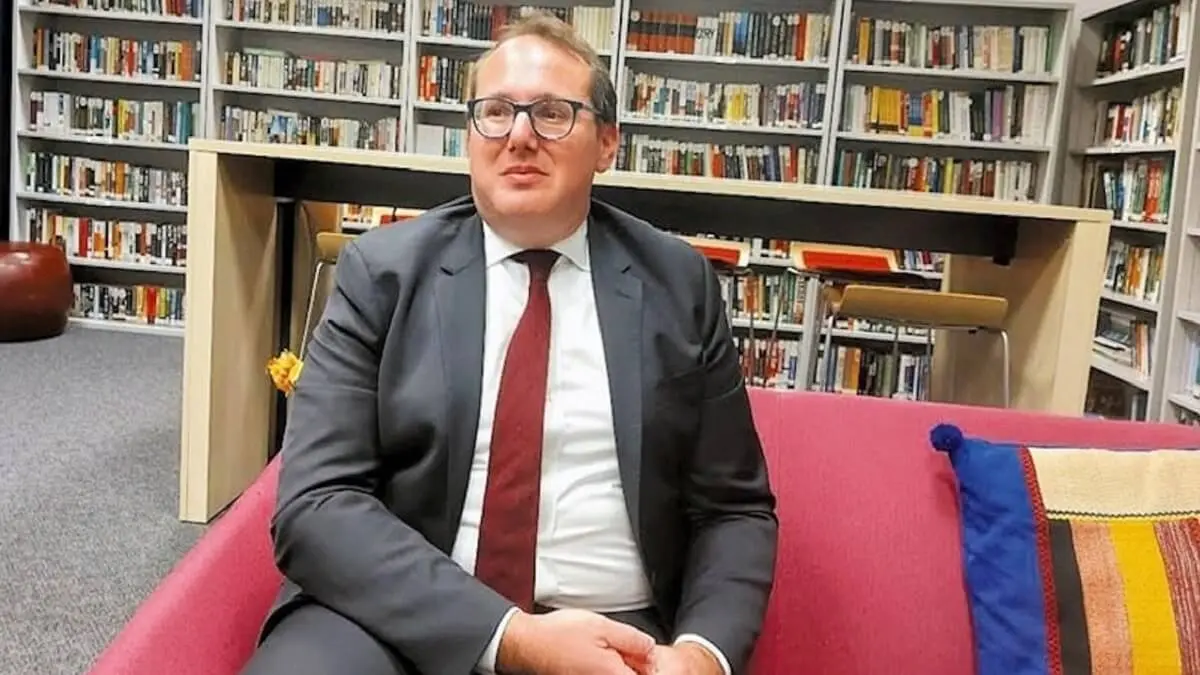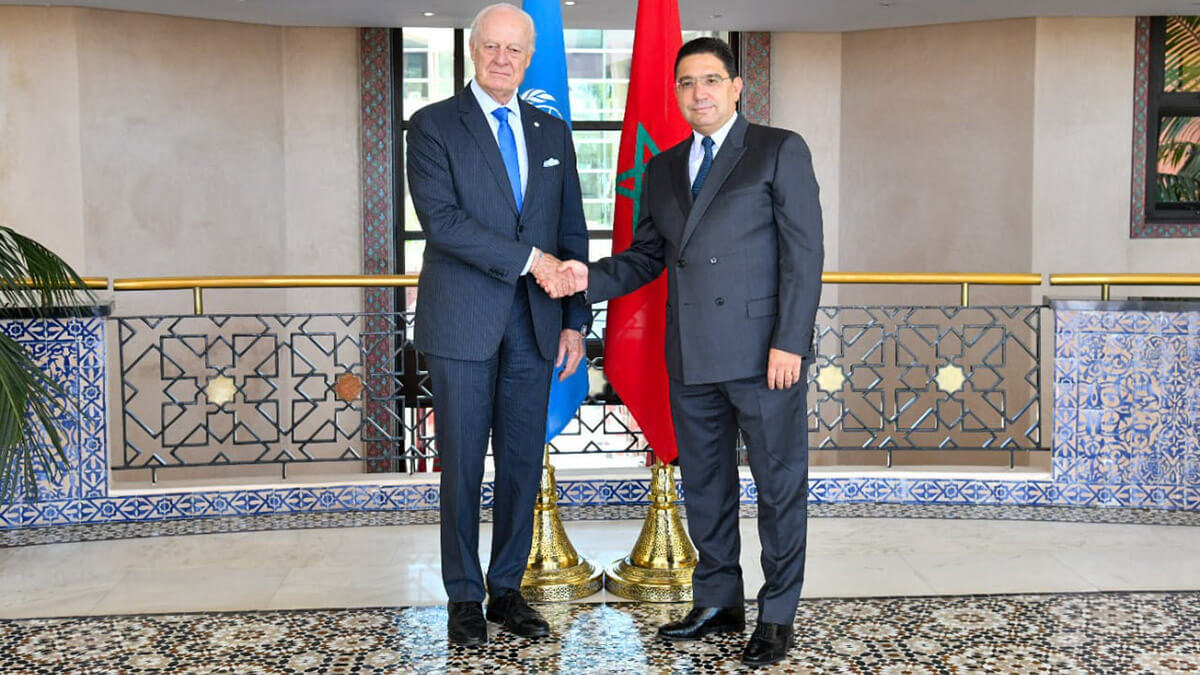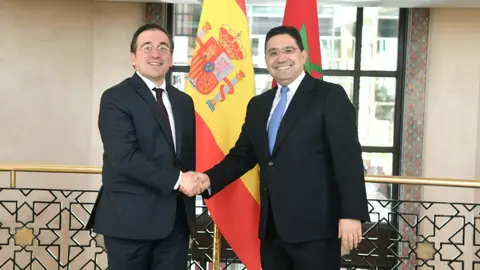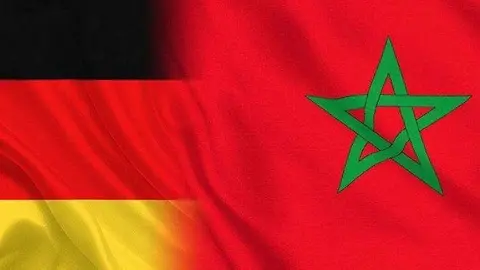US reaffirms support for Moroccan autonomy plan for Western Sahara

The United States reinforces its support for Morocco's autonomy plan for Western Sahara as a serious, realistic and credible solution to the Sahrawi dispute.
This is the main message conveyed by Joshua Harris, US deputy assistant secretary of state for North Africa, ahead of his visit to Rabat. The US State Department itself indicated in an official statement that the US official's mission is to reiterate "that there is no change in the clear and consistent position of the United States". "In this regard, the United States continues to consider the Moroccan autonomy proposal serious, credible and realistic", Joshua Harris himself reaffirmed. The US diplomat also addresses the strengthening of the relationship between the two countries in terms of security cooperation to reinforce stability in hotspot areas of North Africa and the Sahel, an area in which the North African country is an important ally of the North American giant.
The United States' clear and consistent position on the Western Sahara issue remains the same as ever, as the US State Department reaffirmed by reinforcing Washington's support for Morocco's autonomy plan. With full support also for the work of Staffan de Mistura, the United Nations (UN) Secretary-General's Special Envoy for Western Sahara, who has sought to re-energise talks between all parties involved in the issue.

"The United States fully supports UN Personal Envoy de Mistura's efforts to facilitate the process of negotiations aimed at reaching a just, lasting and mutually acceptable solution" to the Western Sahara issue, the State Department statement said.
Morocco proposes a formula of broad autonomy for Western Sahara under Moroccan sovereignty, respecting UN resolutions, with the aim of developing the region in all aspects. This initiative has received the backing of many important nations, such as the United States itself, Germany, the United Kingdom, the United Arab Emirates, Israel and Spain. This is in contrast to the Polisario Front's opposing proposal, which advocates, with less support, including Algeria's, the holding of a referendum on independence for the Sahrawi population, which is difficult to achieve, as various analysts have pointed out.
The clear and consistent US position on the Western Sahara issue remains unchanged, the US State Department noted, reiterating Washington's support for Morocco's autonomy plan.

Therefore, the US position in support of Morocco remains clear and unequivocal. This is despite messages from Algeria to the contrary, as reported in various Moroccan media.
🇩🇿🇲🇦| وزارة الخارجية الأمريكية ..
— H A S S A N 🇲🇦 (@HMeghribi) December 17, 2023
🛑 الصحراء مغربية .. والحكم الذاتي هو الحل.
. https://t.co/iTX4g4AoZd
It was also noted that the US continues to believe that a negotiated political solution must be found without further delay, supporting UN efforts to push for talks between the parties involved. This demonstrates the strong US commitment to the work of the UN.










